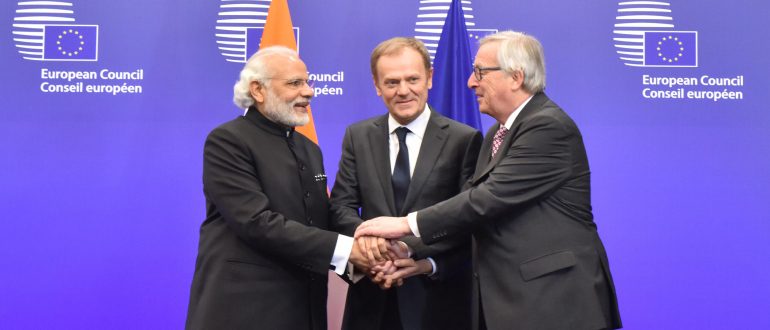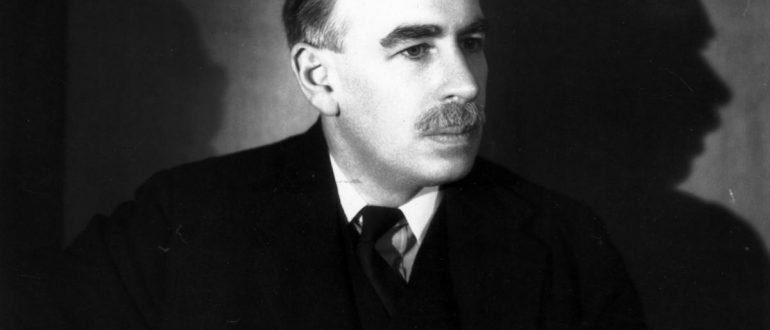
Legal borrowing in Turkey: towards greater pluralism in Europe?
A year on from the EU-Turkey migration deal and with recent talk of Turkish accession negotiations being frozen in light of the Turkish government’s repressive actions, Turkey’s relationship with Europe has arguably never been under closer scrutiny. While the relationship between Turkey’s legal system and that of several European countries is much less documented, it is key to understanding the Turkish identity that is sometimes said to be at odds with that of the EU.
The Turkish legal system is perhaps the most extreme example of legal transplantation – mass borrowing of the legal rules of another system. This process was instigated in the 1920s by the first President of the Republic of Turkey, Atatürk. The aim was twofold: not only to demolish the old legal system by creating completely new, modern laws, but also to reflect a different, Westernised culture with the hope that these mores would become institutionalised in Turkey.
To this end, legal codes were borrowed from a number of European jurisdictions: civil law from Switzerland, criminal law from Italy and Germany, and administrative law from France. In addition, as part of the project of social engineering through the law, eight social reform laws were put in place in an attempt to change the people themselves, including the requirement for civil rather than religious marriage.
The result of these reforms was a legal system and a people that may be described as ‘hyphenated’: one in which traditional Turkish socioculture is not related to the socioculture of the borrowed source laws. This disjuncture between the content of Turkish law and the mindset of Turkish people may at first seem irreconcilable, but can be explained by the fact that the very purpose of the reforms was to change that mindset.
However, numerous problems arose from the transplantation process. The clash of traditional religious and modern secular law was evident in the criticism of the assertion by a Westernised elite that customary matters relating to marriage, divorce and family life were state concerns that could be separated from their religious context.
More recently, discordances have occurred between Turkish and EU law. Since its candidacy to join the EU was finally agreed upon by the European Council at the 1999 Helsinki Summit, Turkey has made a concerted efort to further modernise its legal system to put it on an equal footing with that of EU Member States. Just as occurred decades before, this extensive import of the acquis communautaire in anticipation of Turkey’s future entry into the EU has led to many cases of ‘hyphenation’.
The death penalty is an example of such friction. It was abolished in Turkey in 2004, largely due to external pressure stemming from Turkey’s status as an EU candidate country. However, following the failed military coup in July 2016 and the arrest of more than 35,000 people President Erdogan announced that he would ask Parliament to consider the reintroduction of capital punishment. This clearly poses a challenge to the EU’s stance on the issue, its Member States being committed to the permanent abolition of the death penalty.
The Turkish example is thus unique in that despite having a very different sociocultural fabric to that of many EU Member States, Turkey has brought itself ideologically closer to the European Union through both its early use of mass legal transplantation and its later continuing adaptation to EU norms. This is now a two way process, Turkey’s self-interested motivations behind legal borrowing in the early 20th century being accompanied in the 21st century by external EU pressure for reform. The question now arises as to whether, as European Commission President Juncker has said, Turkey is moving further away from Europe, jeopardising its likelihood of accession, or whether it is the EU itself that needs to adapt to accommodate Turkey’s ‘hyphenated’ socio-cultural fabric and create a more pluralist European identity.
This article was published in March’s issue of the Diplomatic Magazine.



